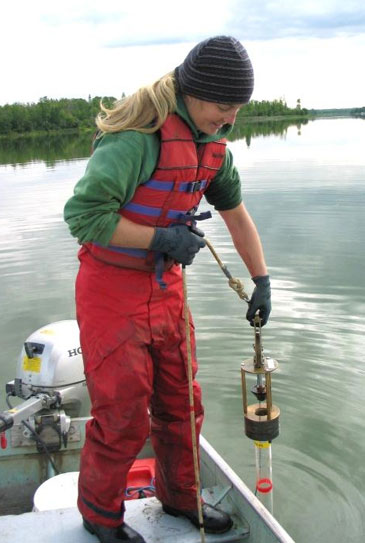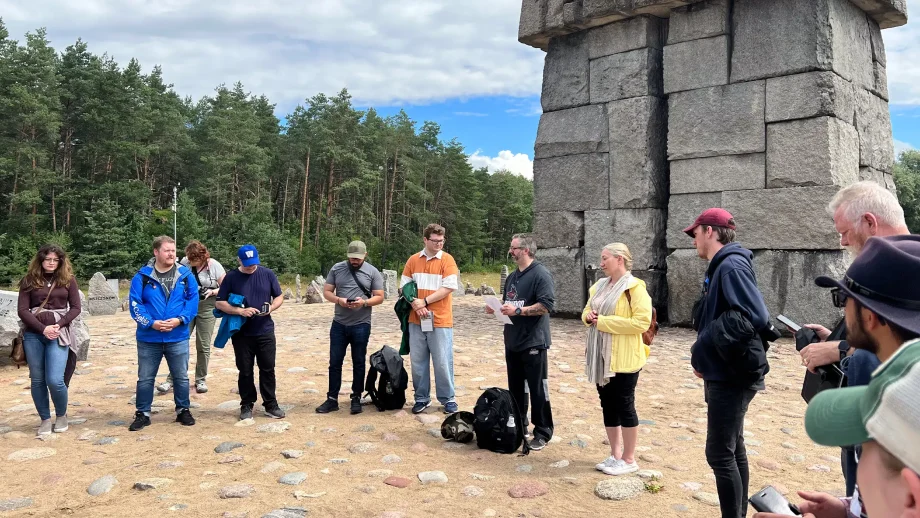The University of Winnipeg welcomes Dr. Diane Orihel to the biology team. Orihel is an ecologist with 12 years of experience investigating human impacts on aquatic ecosystems through large-scale, multi-disciplinary and collaborative research programs; but more notably, she has become one of Canada’s most ardent defenders of science funding. She is known as the ‘lady of the lake’ for her research and for helping save the Experimental Lakes Area (ELA).
“I believe The University of Winnipeg has a big role to play in water issues, especially here in Manitoba. I am thrilled to have this opportunity to engage with the university’s leading water experts and hope to work together to improve the health of lakes and rivers in our province.”
Orihel investigates the health of lakes, “I consider myself a lake doctor”, expressed Orihel. Her research focuses on understanding the fate and effects of contaminants – such as nutrients or toxic chemicals – in freshwater ecosystems. She is currently working on a study to determine if a common flame retardant, used in many household products, breaks down into more toxic compounds in the natural environment.
She also is trying to find solutions to problems that cause poor water quality in lakes. She recently completed a project to test the possibility of controlling blooms of nuisance algae in prairie lakes by applying iron to lake sediments.
“Dr. Orihel is truly an inspirational person , and a great example to our graduate students as a scientist and advocate,” said Dr. Edward Byard, UWinning Chair, Biology. ” She put her grad studies on hold while she advocated to save ELA, a world class research facility. We all owe her a lot for saving this important research centre.”
Orihel’s next step is to investigate the potential environmental impacts of moving large quantities of diluted bitumen (‘dilbit’) in pipelines across the country. She plans to study the effects of dilbit spills on aquatic organisms in the future.





